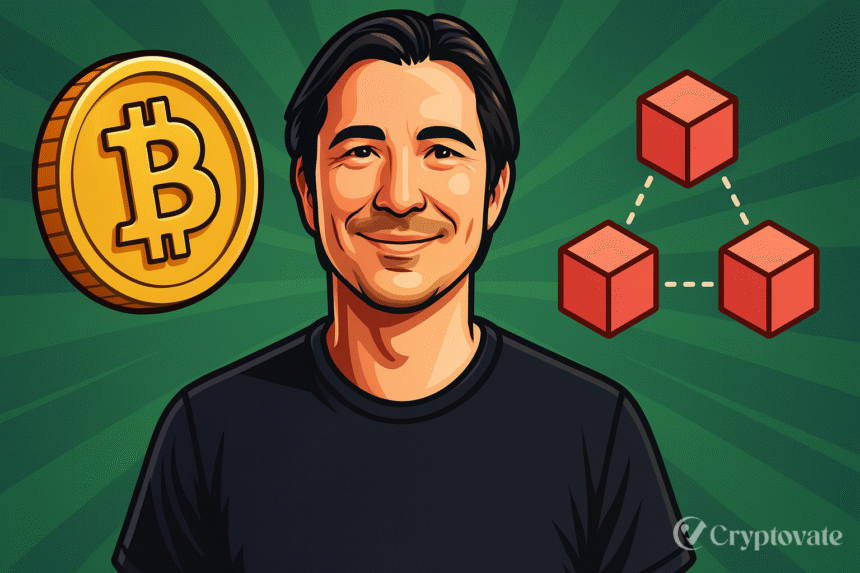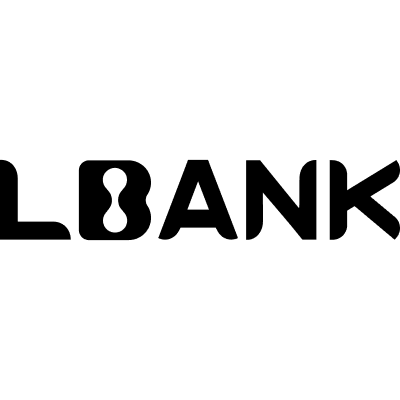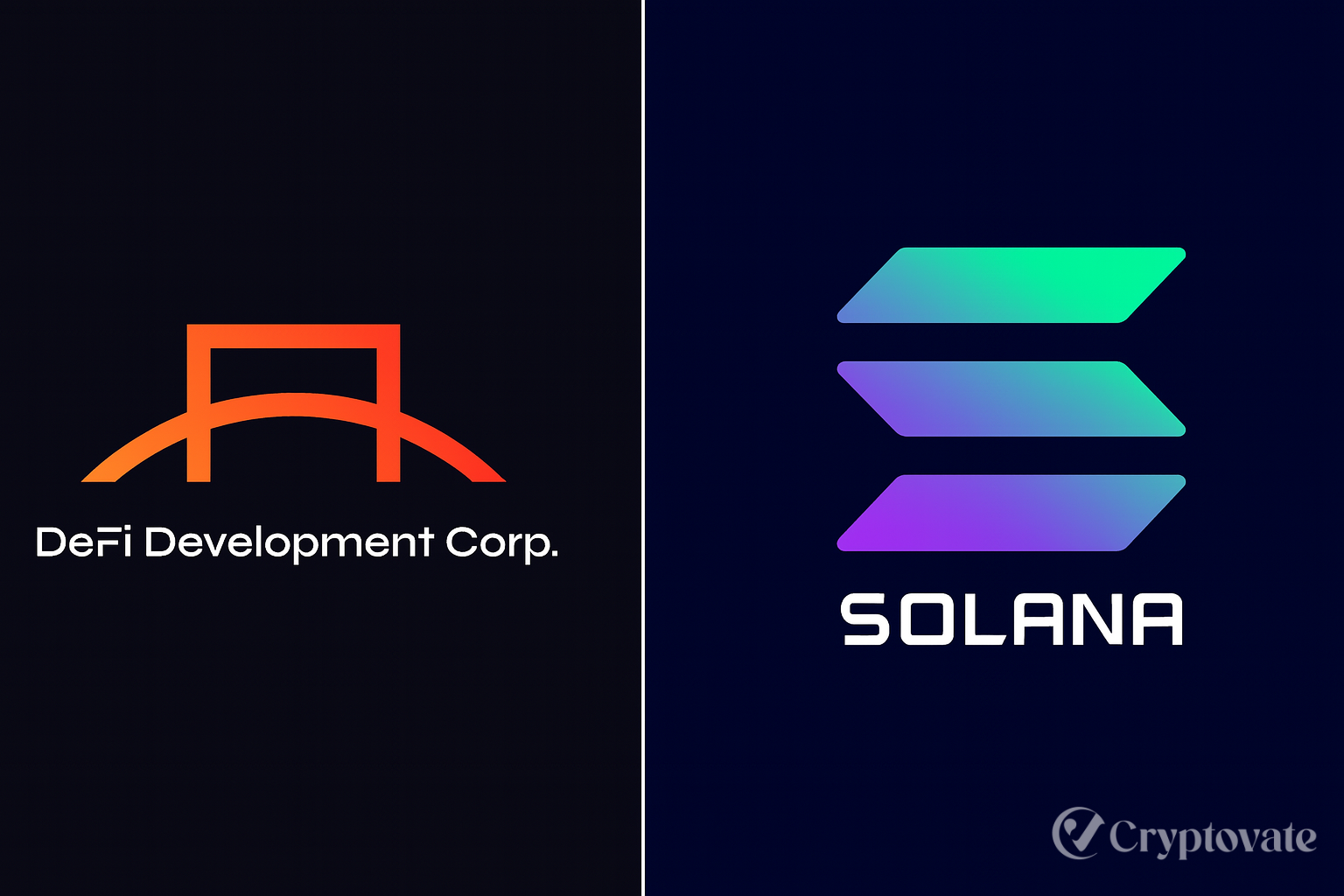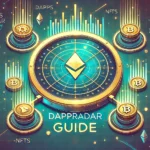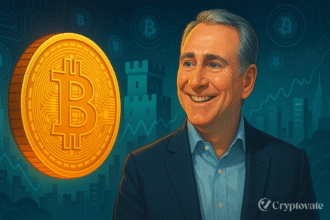– Ad –
| Getting your Trinity Audio player ready... |
The financial world is undergoing a seismic shift, and Robinhood CEO Vladimir Tenev is positioning tokenization as its driving force. In a recent interview, Tenev hailed tokenization as the most significant innovation in capital markets in over a decade, a bold claim that underscores its potential to reshape investing. By leveraging blockchain technology, tokenization promises to make high-value assets accessible to everyday investors, breaking down barriers that have long favored the wealthy. This article delves into Tenev’s perspective, explains how tokenization works, and examines its significant impact on the future of finance.
Tenev’s Vision for Tokenization
Tokenization transforms traditional assets—such as private equity, real estate, or even art—into digital tokens on a blockchain. These tokens signify ownership or a share in the asset, allowing for easy trading, partial ownership, and wider accessibility. Tenev sees this as a game-changer for retail investors, who have historically been locked out of lucrative markets like private equity. Robinhood has already taken steps to make this vision a reality, launching a tokenized equity platform in the European Union. This platform allows everyday investors to gain exposure to high-growth private companies, such as SpaceX, through crypto-powered instruments.
Tenev highlights that tokenization addresses a key challenge: liquidity. Unlike public stocks, which trade freely on exchanges, private equity is often illiquid, with high minimum investment thresholds. By tokenizing these assets, Robinhood enables faster, more flexible trading, making it easier for retail investors to participate. The platform has generated considerable interest among private companies looking to tokenize their shares, indicating robust market demand. Tenev also revealed that Robinhood is engaging with regulators in the U.S. and U.K. to expand this model, potentially bringing thousands of private firms to retail investors worldwide. This move aligns with Robinhood’s mission to democratize finance, giving ordinary people access to opportunities once reserved for the elite.
Why Tokenization Matters
The potential of tokenization stems from its capacity to revolutionize the trading, ownership, and valuation of assets. Its key benefits include:
- Accessibility: Tokenized assets lower financial barriers, allowing retail investors to buy fractions of high-value assets, such as private company shares or real estate.
- Liquidity: Blockchain-based trading platforms operate 24/7, enabling faster transactions compared to traditional private markets.
- Transparency: Blockchain’s immutable ledger provides clear, tamper-proof records of ownership, reducing fraud and building trust.
- Cost Efficiency: By cutting out intermediaries like brokers or clearinghouses, tokenization streamlines transactions, lowering fees for investors.
However, challenges remain. Critics argue that tokenized assets, often structured as derivatives rather than direct equity, may not confer true ownership. Tenev counters that these instruments still provide valuable exposure to private companies, making technical distinctions less relevant for retail investors seeking growth opportunities. Regulatory uncertainty is another hurdle, as governments worldwide are still defining rules for blockchain-based financial products. Despite these challenges, Tenev stays hopeful, seeing tokenization as a pathway toward a more inclusive financial system. As blockchain technology matures, its adoption could redefine capital markets, making them more efficient and equitable.
Also Read: Jack Dorsey’s Bitchat: Decentralized Messaging Revolution
Robinhood’s tokenized equity platform is just the beginning. Tenev envisions a future where tokenization extends beyond private equity to other asset classes, such as real estate, collectibles, or even intellectual property. This could create a global marketplace where anyone with a smartphone can invest in assets previously out of reach. The technology’s scalability and flexibility make it a powerful tool for financial innovation, aligning with Tenev’s goal of empowering retail investors to build wealth in a digital-first economy.
Conclusion
Vladimir Tenev’s bold embrace of tokenization signals a new era for finance. By harnessing blockchain, Robinhood is making markets more accessible, liquid, and transparent, empowering retail investors like never before. While challenges like regulation and asset structure persist, the potential of tokenization to democratize wealth creation is undeniable. As this technology evolves, it could become the backbone of a more inclusive financial system, fulfilling Tenev’s vision of a future where everyone has a stake in the markets.
FAQs
What is tokenization in finance?
Tokenization converts assets into digital tokens on a blockchain, enabling easier trading, fractional ownership, and broader access for investors.
How does Robinhood use tokenization?
Robinhood’s platform offers retail investors crypto-powered instruments to gain exposure to private companies, enhancing accessibility and liquidity.
What are the risks of tokenized assets?
Risks include regulatory uncertainty and questions about whether tokens represent true ownership, though they still provide valuable market exposure.


